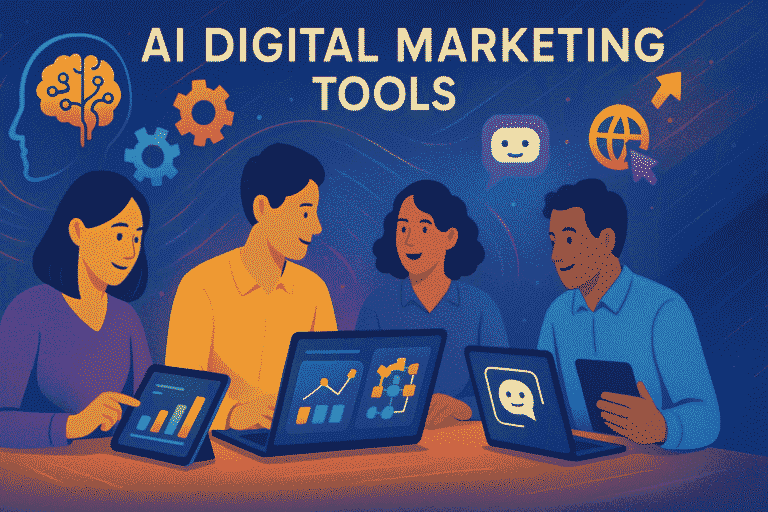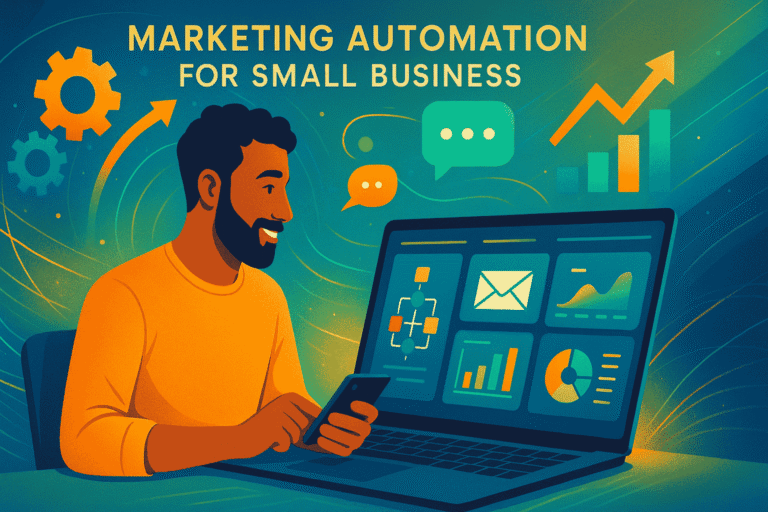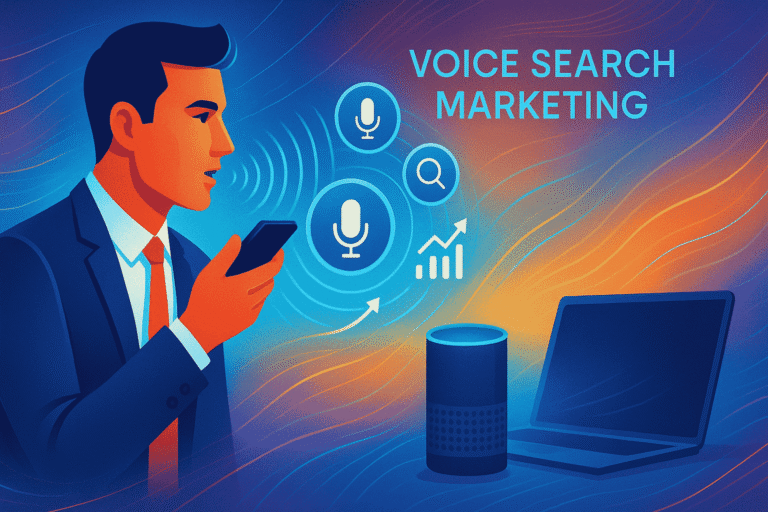In the dynamic and highly competitive business environment of 2025, a well-defined marketing plan isn’t a luxury—it’s a necessity. Whether you’re launching a startup or scaling an established business, having a roadmap that aligns your goals, target audience, and resources is essential.
At Zembaa Solution, based in Gujarat, we specialize in business management consulting with a strong focus on strategic marketing planning. This guide outlines everything you need to know to create a result-driven marketing plan that maximizes ROI and propels business growth.
What Is a Marketing Plan?
A marketing plan is a comprehensive document that outlines your marketing strategy over a specific time period. It includes your business goals, target market, value proposition, marketing channels, content strategy, budget, and performance metrics.
In short, it answers:
- Who is your ideal customer?
- What are your core messages?
- Where will you reach them?
- How will you convert interest into action?
Why Marketing Planning Matters in 2025
With evolving technologies, customer behavior, and market dynamics, businesses in 2025 must adopt a proactive and adaptive marketing approach.
Here’s why a strategic marketing plan is crucial:
- Clarity of Purpose: Keeps all teams aligned on business goals.
- Effective Budget Use: Avoids wasteful spending on ineffective tactics.
- Data-Driven Decisions: Enhances decision-making with KPIs and analytics.
- Customer-Centric Focus: Aligns your offerings with evolving customer needs.
- Long-Term Growth: Sets the foundation for sustainable growth and innovation.
Key Elements of a Successful Marketing Plan
At Zembaa Solution, we help our clients create tailored marketing plans built on these essential pillars:
1. Market Research & Competitive Analysis
Understand the market trends, customer needs, and competition. Use tools like Google Trends, SEMrush, and customer feedback surveys.
- Analyze your competitors’ strengths and weaknesses.
- Identify gaps in the market.
- Recognize industry opportunities and threats.
2. Defining Marketing Objectives
Set SMART goals—Specific, Measurable, Achievable, Relevant, and Time-bound.
Examples:
- Increase website traffic by 40% in 6 months
- Generate 200 new qualified leads per quarter
- Boost email open rates by 15% by Q3
3. Understanding Your Target Audience
Create detailed buyer personas:
- Demographics (age, gender, location)
- Psychographics (values, interests, pain points)
- Behavioral traits (purchase habits, digital touchpoints)
This helps you tailor your message, offers, and delivery channels.
4. Unique Value Proposition (UVP)
Your UVP defines why customers should choose you over competitors.
It should clearly communicate:
- What you offer
- Who it’s for
- How it’s different or better
5. Channel Selection & Messaging Strategy
Choose the right marketing channels based on your audience:
- SEO & Content Marketing: For organic growth and thought leadership
- Social Media: For brand awareness and engagement
- Email Marketing: For nurturing leads and boosting retention
- Paid Advertising: For immediate traffic and conversions
- Events & Webinars: For community building and education
Ensure consistent branding and messaging across all platforms.
6. Content Calendar & Campaign Planning
Create a detailed content marketing calendar that outlines:
- Topics, keywords, and formats (blogs, videos, infographics, etc.)
- Posting frequency and platforms
- Campaign themes and timelines
This keeps your team organized and helps maintain regular engagement.
7. Budget Planning
Allocate resources based on channel performance and ROI projections.
Track spending across:
- Paid campaigns
- Marketing tools & software
- Freelancers or agencies
- Content production
8. Measurement & Analytics
Use KPIs to track your progress:
- Website traffic & bounce rate
- Social media reach & engagement
- Conversion rates & lead quality
- Email click-through & open rates
Refine your strategy using tools like Google Analytics, HubSpot, and Meta Business Suite.
Zembaa Solution’s Marketing Planning Framework
At Zembaa Solution, our strategic planning process includes:
- Business Discovery: We evaluate your industry, market positioning, and goals.
- Persona Development: We help you map your audience segments and craft buyer personas.
- Competitive Benchmarking: Analyze competitors to position your brand effectively.
- Channel Strategy: Recommend the best platforms for reach and impact.
- Content Plan Creation: Develop a 3-6 month content roadmap with SEO and storytelling in mind.
- Execution & Support: Offer ongoing support to implement and optimize your marketing plan.
Common Marketing Planning Mistakes to Avoid
- Lack of Clear Goals: Without specific goals, progress is difficult to measure.
- Targeting Everyone: Broad targeting leads to diluted messaging and low ROI.
- Ignoring Data: Failing to use analytics means missing valuable insights.
- Inconsistent Messaging: Confuses your audience and weakens your brand.
- Underutilizing Content: Not repurposing content leads to unnecessary resource waste.
Case Study: Planning That Delivered Results
A tech startup in Ahmedabad approached Zembaa Solution in early 2024. They had funding and a promising product but lacked a cohesive marketing plan.
Our actions:
- Defined their brand voice and customer personas
- Created a 6-month content and digital marketing calendar
- Implemented targeted ad campaigns and SEO optimization
Results:
- 200% increase in website traffic
- 60% boost in conversion rate
- 4x growth in lead generation
This success underlines how strategic planning transforms potential into performance.
Tips to Build a Future-Ready Marketing Plan in 2025
- Embrace AI Tools: Use AI for automation, personalization, and predictive analytics.
- Prioritize First-Party Data: With privacy regulations tightening, owning your data is key.
- Focus on Omni-Channel Experience: Deliver consistent, connected experiences across platforms.
- Use Video & Interactive Content: Capture attention in a scroll-heavy world.
- Measure Beyond Clicks: Track engagement, sentiment, and long-term impact.
Final Thoughts
Marketing planning in 2025 isn’t just about choosing channels and setting budgets—it’s about creating a flexible, data-driven strategy that grows with your business and adapts to the market.
At Zembaa Solution, we are committed to helping businesses craft smart, actionable, and scalable marketing plans that deliver measurable results.
📈 Let’s build your growth roadmap together. Contact Zembaa Solution today to start planning your success.






[…] Internal Link: For more advanced strategies, check out our guide on Advanced Digital Marketing Techniques for 2025. […]